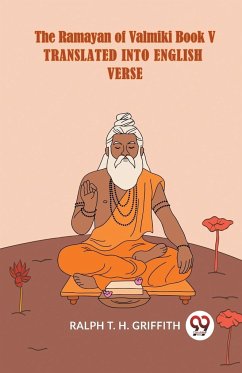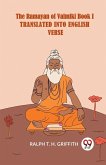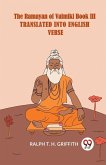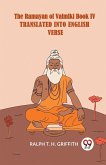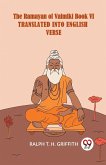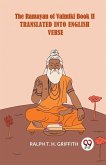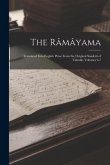"'Sundarakanda,' Book 5 of 'The Ramayana of Valmiki,' is a great chapter of the historical Indian epic written by using Valmiki and translated into English via Ralph T. H. Griffith. This book is known as after its focus at the brilliance and beauty of its content and the adventures it recounts. The epic narrative is continued in 'Sundarakanda,' while Lord Rama, his dependable brother Lakshmana, and their monkey companions, lead via Hanuman, set out to rescue Sita from the demon king Ravana's captivity in Lanka. The novel starts offevolved with Hanuman's breathtaking jump across the sea, culminating in his exploration of Lanka to find out and reassure Sita of Rama's coming near near arrival. This phase of the Ramayana highlights Hanuman's valor, wit, and severe devotion to Rama. It also emphasizes the energy of unshakable religion and the triumph of justice over evil, making it a fave passage of the epic. The translation by way of Ralph T. H. Griffith captures the poetic and theological spirit of 'Sundarakanda,' bringing the characters' travels and emotions to life. Hanuman's adventure is greater than just a physical one; it additionally signifies a profound inner quest and an image of unbounded devotion.
Hinweis: Dieser Artikel kann nur an eine deutsche Lieferadresse ausgeliefert werden.
Hinweis: Dieser Artikel kann nur an eine deutsche Lieferadresse ausgeliefert werden.

